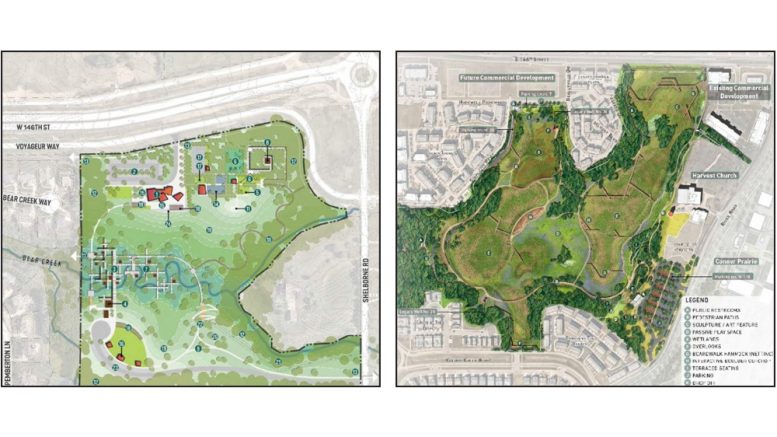The Carmel City Council unanimously approved changes to a city ordinance Monday that improves and adds transparency to the process of allocating Park and Recreation Impact Fees (PRIF) in the City of Carmel.
These fees are assessed to builders and developers of single-family homes and multi-family developments to help the city improve our many parks and recreation facilities; and effectively ensure that existing residents do not bear the financial burden of the population growth.
The changes will require that PRIF will be deposited in an Impact Fee Fund designated by the Council and that credits provided to developers for park and recreation type improvements will now need to be approved by the Carmel City Council. The City Council reserves the right to be the final approval along with the recommendations of both the Directors of the Carmel Parks Department (CCPR) and the Carmel Redevelopment Commission (CRC). Prior to this change, such credits were issued solely by the Board of Public Works.

Taylor
“This new process will ensure that the Parks and Recreation Impact Fees are used to develop new park assets and new park infrastructure within the community, and it creates a transparent process with proper oversight,” City Councilor Rich Taylor said. “Our Parks Department relies on these Park Impact Fees to make our many beautiful parks even better for all our residents and this will ensure that future use of fees is in line with the Comprehensive Parks and Recreation Master Plan.”
Specifically, Taylor said this ordinance will help boost the effort to build the new Bear Creek Park on the city’s far northwest side, along with the new Thomas Marcuccilli Nature Park near 146th Street and River Road.

Snyder
Councilor Matt Snyder added, “The PRIF ordinance is the culmination of over a years’ worth of dedication and research by many. This is a great step forward to ensuring that Park Impact Fees are used for their intended purpose: unmistakable and meaningful public parks for all Carmel residents to enjoy. It has already demonstrated its merit by the increased communication between Carmel Clay Parks, the Carmel Redevelopment Commission, and individual developers. I am excited to see what amazing public spaces arise out of the greater collaboration between the experts; especially, Mr. Michael Klitzing (CCPR) and Mr. Henry Mestetsky (CRC).”
Taylor commented, “I would like to thank Mayor Finkam and all my fellow City Council members, especially Matt Snyder and Adam Aasen, along with members of the Parks Board in helping us put together this new ordinance to improve the process of allocating these funds. All citizens of Carmel, both current and future, will benefit from this process in the future.”
If you want more details or have questions about this change, please contact Councilor Rich Taylor by sending an email to RTaylor@Carmel.IN.gov.

